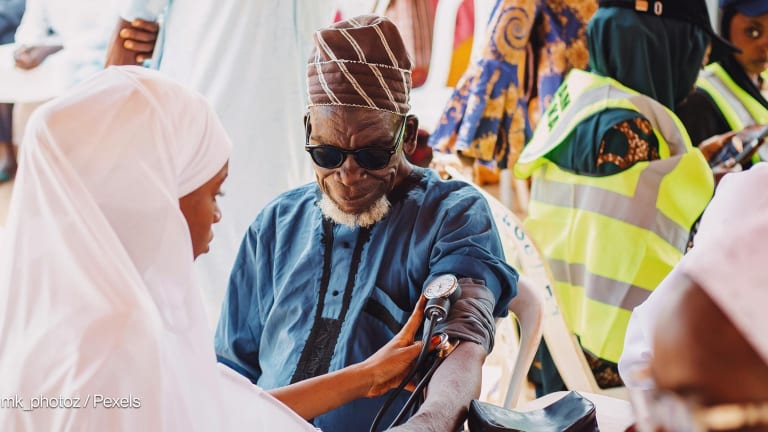Private giving to international development initiatives still represent a small share of the overall philanthropic pie, but it is slowly becoming more and more popular, especially in the United States. Europe is quite behind, with European foundations giving significantly less to international projects as compared to their U.S. counterparts.
The disparity in the level of international giving between foundations in the two regions can be attributed to various reasons. A researcher at the German Development Institute highlights one: a lack of adequate information.
Erik Lundsgaarde argues that European foundations can improve the quantity and quality of their engagement in international development initiatives by helping improve the transparency in the region’s philanthropic sector and developing knowledge transfer mechanisms that will enhance private and public development cooperation.
Improving the philanthropic sector’s capacity will require improving data collection efforts for private international giving and implementing better financial reporting standards for foundation activities at the country and European Union level, Lundsgaarde says. European donors can also tap the Organization for Economic Cooperation and Development’s Development Assistance Committee to include private giving in its efforts to track aid commitments, he adds.
Like public donors, private foundations should make sure that their donations promote mutual accountability, Lundsgaarde points out, urging them to regularly evaluate whether their donations are undermining accountability mechanisms in recipient countries.
But why should European foundations take on a more prominent role in international development in the first place? Lundsgaarde explains that a more robust private European engagement in the field could prompt traditional donors in the region to coordinate better and reduce the fragmentation of aid from the region.








